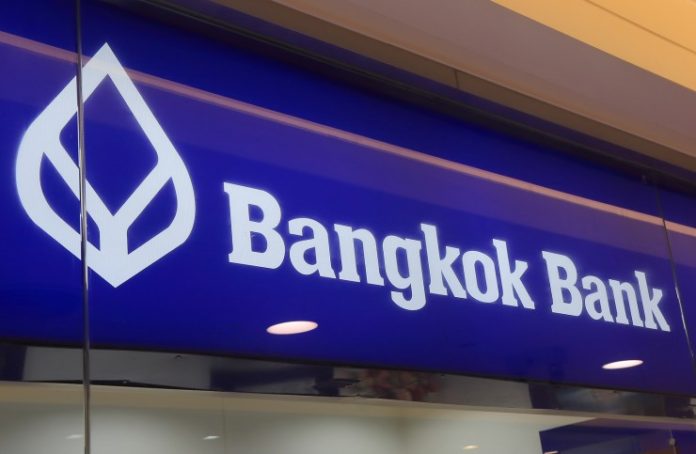Stock Shares in Thailand’s Banks Plunge to Eight-Year Low:
Thailand’s bank’s stocks have plunged to the cheapest in more than eight years. The drop comes as investors fret over an economic slowdown and high household debt.
Their price-to-book ratio slid to as low as 0.9 this month, the biggest discount to emerging-market counterparts since March 2011, according to data compiled by Bloomberg.
“Banks shares are cheap for a reason: loan growth is not there, and interest and fee income is fading away,” said Maria Lapiz, head of research at Maybank Kim Eng Securities (Thailand) Pcl in Bangkok. “Adverse economic conditions will continue to weaken the lending outlook.”
Asia’s banking sector faces challenges as officials cut interest rates to support economic growth, imperiling lenders’ margins. Thai banks such as Bangkok Bank Pcl and Siam Commercial Bank Pcl are also grappling with tightening regulations amid fears that household debt poses a risk to financial stability.
The 11-member SET Banking Index has declined about 9% in 2019, compared with an advance of almost 6% in the benchmark SET index. The price-to-book ratio of the overall Thai stock market is 1.84, compared with 0.93 for the SET Banking Index.
Thai banks could miss this year’s loan-growth targets on potentially weakening demand and rising uncertainty amid the U.S.-China trade war, according to Diksha Gera, a senior analyst at Bloomberg Intelligence.
Infrastructure projects are one of the brighter spots for lenders. The government is trying to speed them up as a cushion for economic expansion.
Loans for such projects jumped 65% to 27.4 billion baht ($897 million) in the second quarter from the final three months of 2018, Bank of Thailand data shows.
Execution of the infrastructure agenda could make some sectors, such as Thai banks, worthy of attention, according to James Woodward, Thailand head for UBS Group AG.




